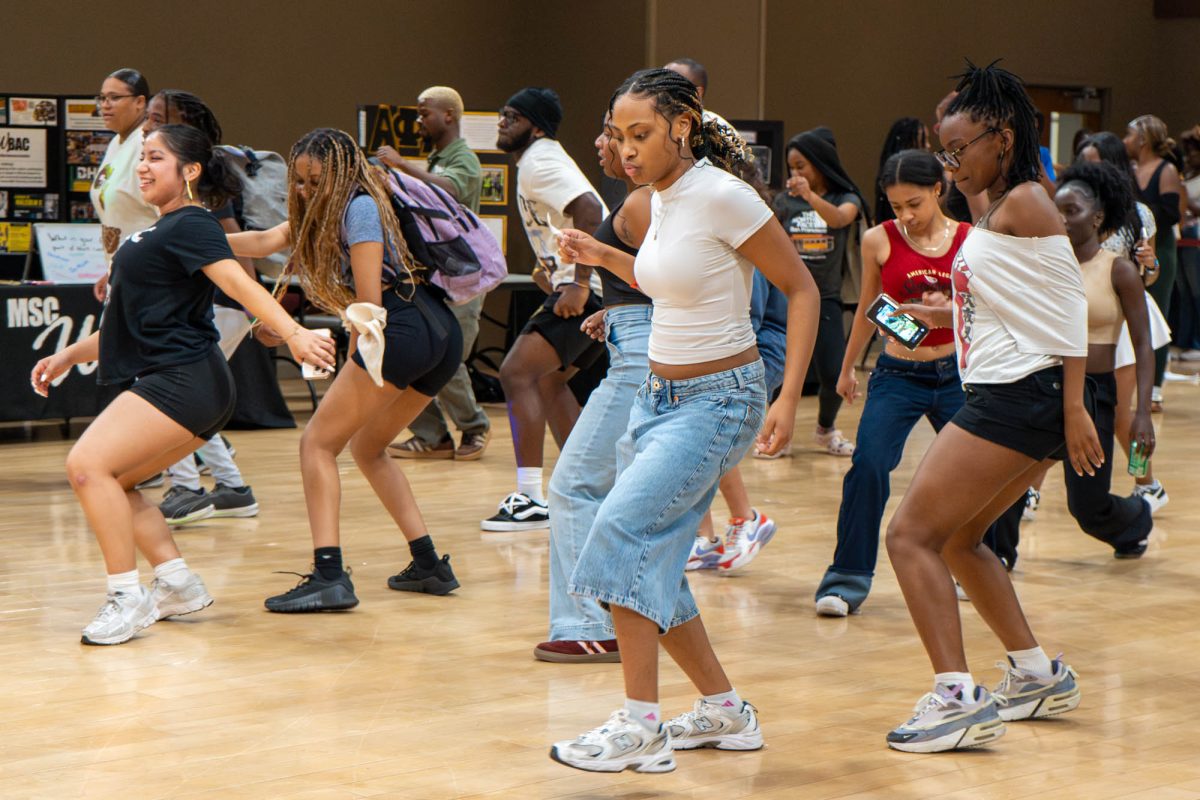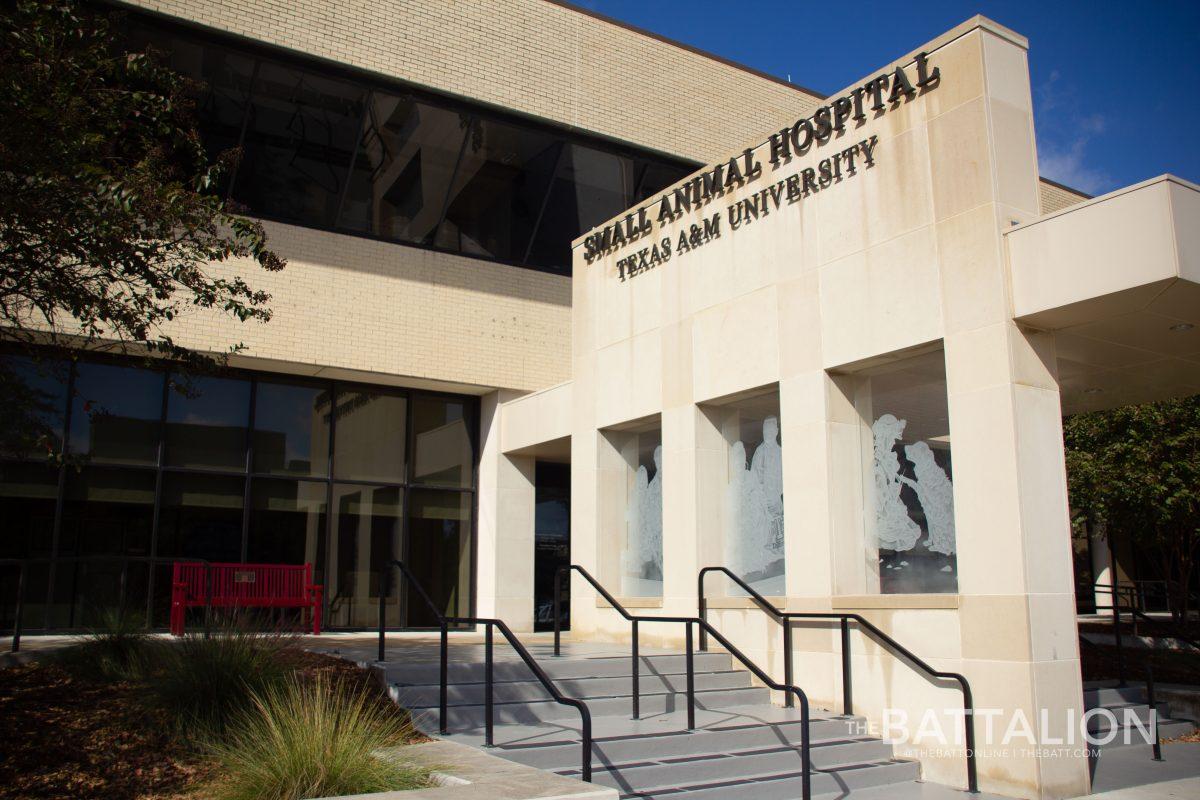Amidst a federal pushback on celebrations of heritage and race — marked in part by federal agencies pausing observances of Black History Month, MLK Day and Juneteenth — some of Texas A&M’s Black faculty and student organization members say they remain determined to continue their observance of the holiday.
“It’s still something I’m going to celebrate,” said junior psychology major Sydney Middleton, recruitment and retention chair for the Memorial Student Center Woodson Black Awareness Committee, or MSC WBAC. “For my community, I think we will all celebrate as is because we are proud of our history and what we’ve been able to come through and accomplish.”
MSC WBAC members said Black History Month highlights the forgotten –– or oftentimes omitted –– history of Black oppression, accomplishments and progression.
“As much as we know about George Washington, [Alexander] Hamilton and Thomas Jefferson, we should know about other people,” chair of MSC WBAC Madison Webb said. “With Carter G. Woodson, it shouldn’t be like, ‘Who is that?’”
MSC WBAC’s namesake Carter G. Woodson was the father of Black History Month. The historian designated the second week in February 1926 as Negro History Week –– coinciding with both Abraham Lincoln and Fredrick Douglass’ birthdays. By 1976, support for the holiday had grown enough for President Gerald R. Ford to extend Negro History Week into Black History Month.
“Black History Month is a symbol of victory, of victory over more than a century of oppression … talking about the past helps us move toward the future with a sense of victory,” professor of Hispanic and Africana studies and coordinator of A&M’s Africana studies program Alain Lawo-Sukam said.
Lawo-Sukam said the Africana studies program has been dwindling over the past decade. Africana studies was an independent program until it was placed under Interdisciplinary Critical Studies in 2017. The program also moved buildings during the consolidation of former College of Liberal Arts programs and due to another department move in fall 2022, the program now falls under the Department of Global Languages and Cultures.
“If you ask me, ‘Where is the Africana studies program office?’” Lawo-Sukam said. “You know what it is? It was two boxes. We used to be a program in a suite on the top floor of the anthropology building. But after 10 years, we are reduced to two boxes.”
Rebecca Hankins, a professor in the department of global language and culture, feels that the small population of Black students at A&M should not inhibit Africana studies from flourishing. She said non-black students would benefit just as much –– if not more –– from these courses because Black history is not taught in most public schools. For Hankins, the importance of learning it lies in the ability to avoid repeating it.
“What happens in this country is circular,” Hankins said. “To say that it is not important to celebrate Black history is a throwback to the Jim Crow era and if that’s where we want to go back to, we need an opposition to that and I’m in opposition.”
The problem, according to Hankins, lies in a lack of support the program receives from the university to facilitate visibility and growth.
“We have been marginalized ever since Gates,” Hankins said. “When Robert Gates was president, he really took an interest in building Africana studies. He was extremely supportive, and even when [Elsa Morano] was president, she was supportive. But since then, we’ve basically been a blip.”
Hankins went on to allege that A&M’s Black community has historically been on the quieter side. They often settle for small wins, such as the statue of Matthew Gaines erected outside the MSC, which satisfied students enough to halt their protests against the Sul Ross statue, Hankins claimed.
“The university has learned over the years how to pacify, how to give them just the crumbs they can to keep them pacified,” Hankins said. “The majority of people, including the Black community, won’t stand up, won’t fight against it, they’ll take their little crumbs and move on.”
There are misconceptions surrounding Africana studies at A&M that need to be broken down to facilitate visibility for the department, both Lawo-Sukam and Hankins said.
“There is a misunderstanding that, first, Africana studies is for Black students,” Lawo-Sukam said. “And two, for Black people, they think because they are Black, they don’t need Africana studies.”
Although there are obstacles from both the university and federal legislature, Webb and members of MSC WBAC won’t let that stop them from celebrating and reflecting on history.
“I have Black History year, I love learning about Black history and I’m glad that we have this month to really dedicate towards it,” Webb said. “I would hope that we would see the importance of these holidays … it has always been important to remember the sacrifices, to remember the fight that people have had to go through.”
Despite the increasing obstacles the Black community face, the Africana studies program and organizations like MSC WBAC are committed to surviving, continuing their work and making their presence known at A&M, they said.
“I’m an Aggie too,” Webb said. “This organization has been here since 1969. We are the oldest black organization on campus, and we do important work. I would hate to see that work not be supported and potentially not given the support it needs to continue on, that would be very disappointing.”






















